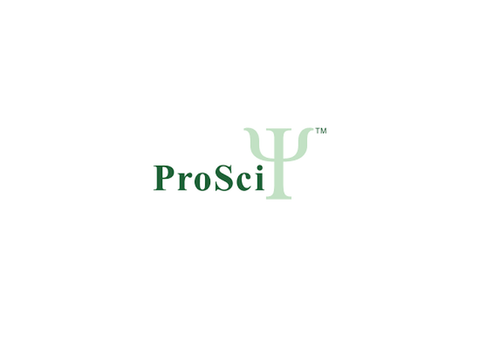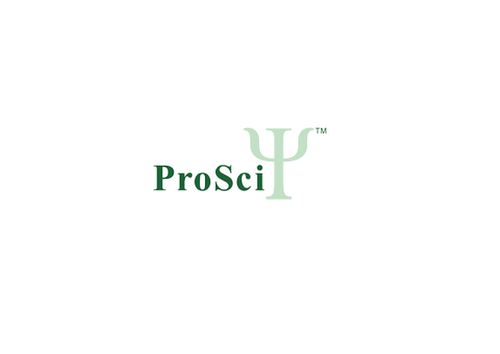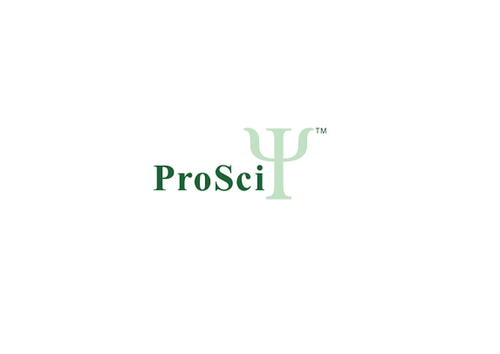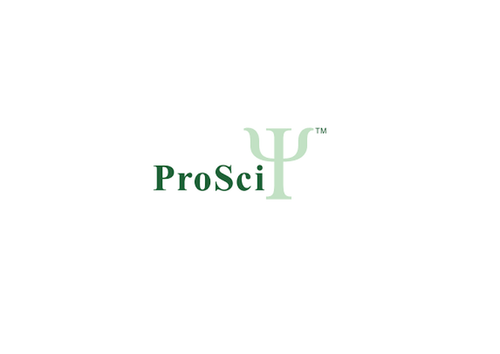Product Description
Ubiquitin Antibody | 13-062 | ProSci
Host: Rabbit
Reactivity: Human, Mouse, Rat
Homology: N/A
Immunogen: A synthetic peptide of human Ubiquitin
Research Area: Apoptosis, Cell Cycle, Neuroscience
Tested Application: WB, IF
Application: WB: 1:1000 - 1:2000
IF: 1:100 - 1:200
Specificiy: N/A
Positive Control 1: 293T
Positive Control 2: HeLa
Positive Control 3: HepG2
Positive Control 4: N/A
Positive Control 5: N/A
Positive Control 6: N/A
Molecular Weight: Observed: 10kDa/55kDa
Validation: N/A
Isoform: N/A
Purification: Affinity purification
Clonality: Polyclonal
Clone: N/A
Isotype: IgG
Conjugate: Unconjugated
Physical State: Liquid
Buffer: PBS with 0.02% sodium azide, 50% glycerol, pH7.3.
Concentration: N/A
Storage Condition: Store at -20˚C. Avoid freeze / thaw cycles.
Alternate Name: HEL-S-5polyubiquitin-B, epididymis secretory protein Li 5polyubiquitin B
User Note: Optimal dilutions for each application to be determined by the researcher.
BACKGROUND: This gene encodes ubiquitin, one of the most conserved proteins known. Ubiquitin has a major role in targeting cellular proteins for degradation by the 26S proteosome. It is also involved in the maintenance of chromatin structure, the regulation of gene expression, and the stress response. Ubiquitin is synthesized as a precursor protein consisting of either polyubiquitin chains or a single ubiquitin moiety fused to an unrelated protein. This gene consists of three direct repeats of the ubiquitin coding sequence with no spacer sequence. Consequently, the protein is expressed as a polyubiquitin precursor with a final amino acid after the last repeat. An aberrant form of this protein has been detected in patients with Alzheimer's disease and Down syndrome. Pseudogenes of this gene are located on chromosomes 1, 2, 13, and 17. Alternative splicing results in multiple transcript variants.
 Euro
Euro
 USD
USD
 British Pound
British Pound
 NULL
NULL

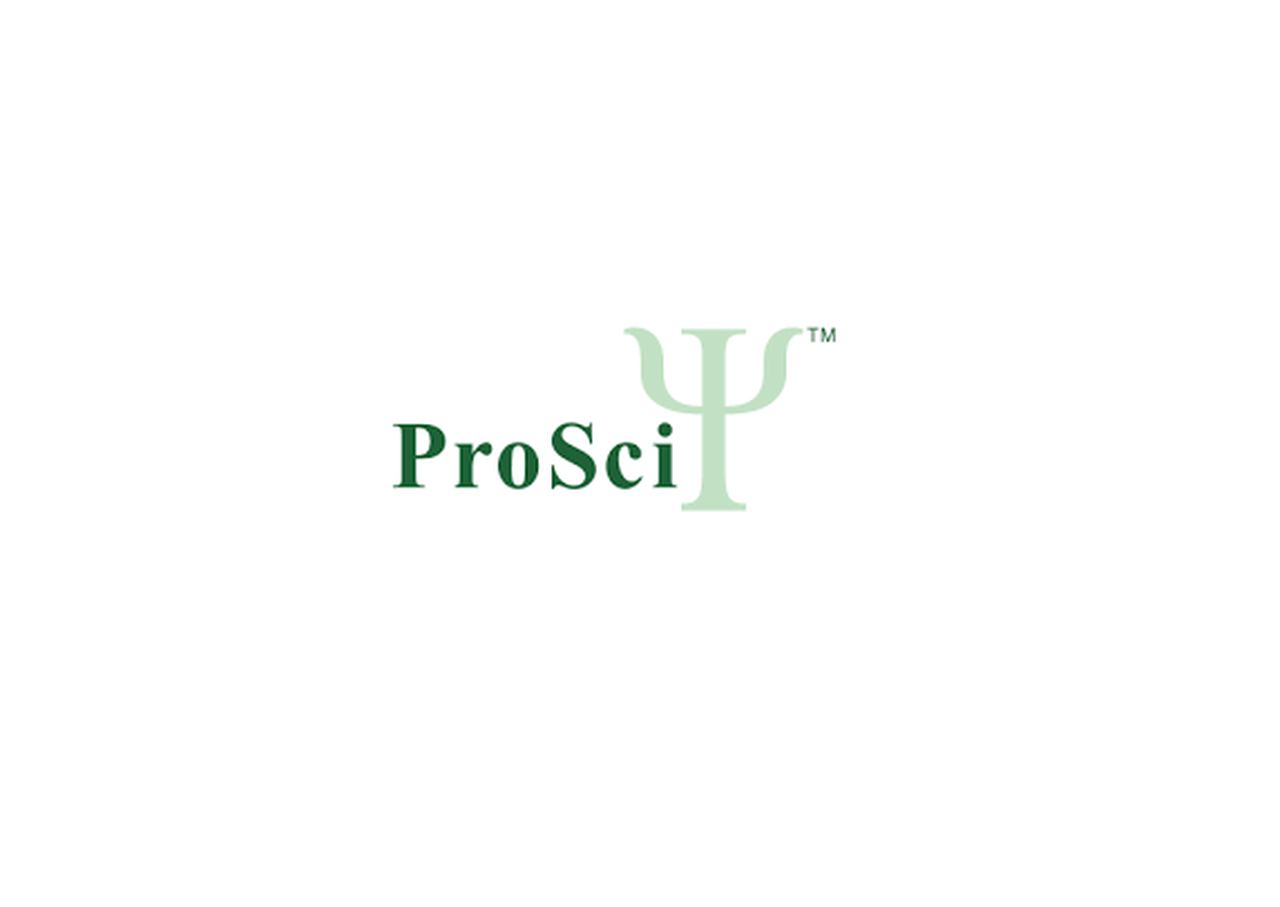
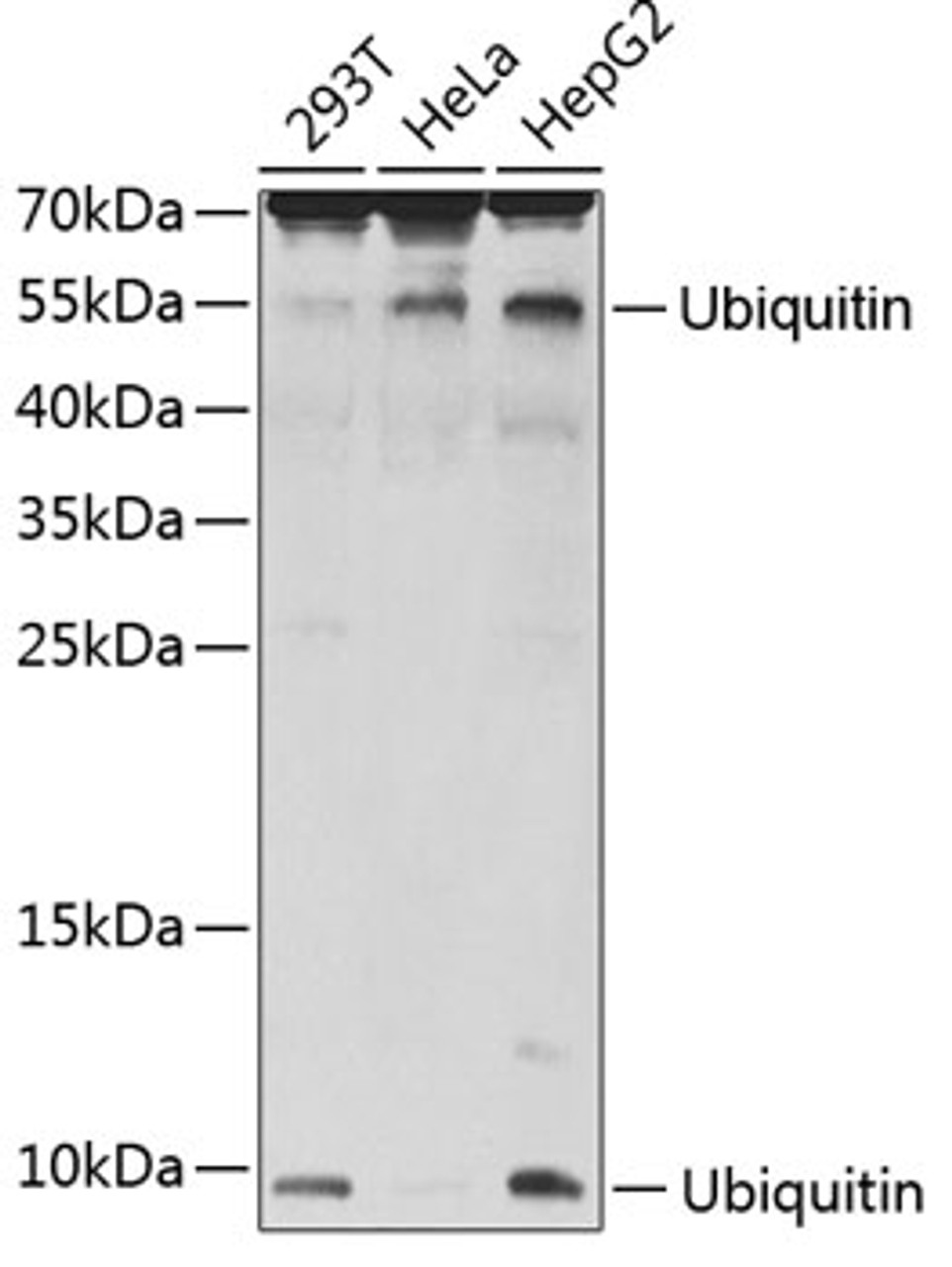



![Ubiquitin Antibody [C9F7] Ubiquitin Antibody [C9F7]](https://cdn11.bigcommerce.com/s-452hpg8iuh/images/stencil/500x659/products/572426/805375/porsci_lo__79508.1648973713__79776.1649090897.png?c=2)
